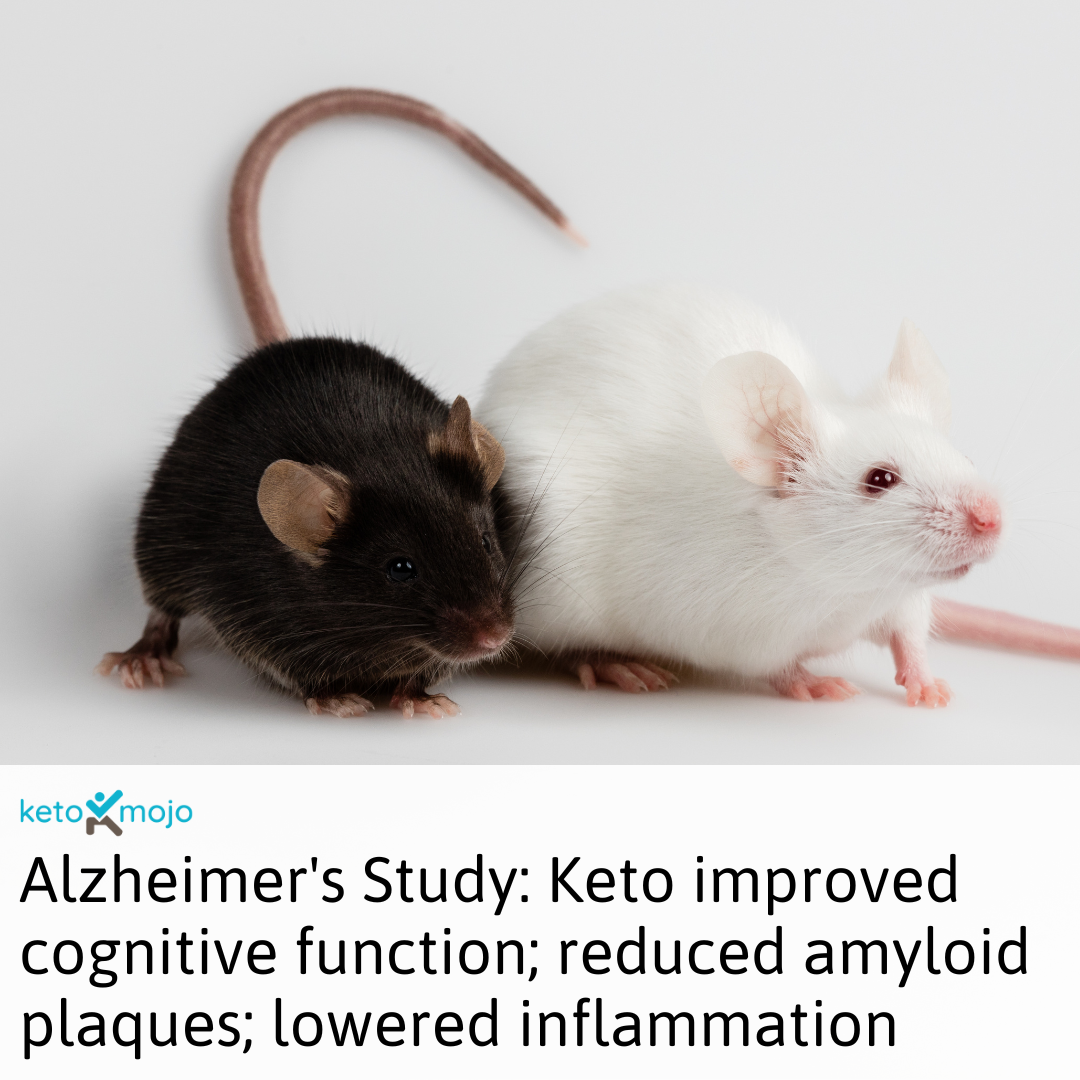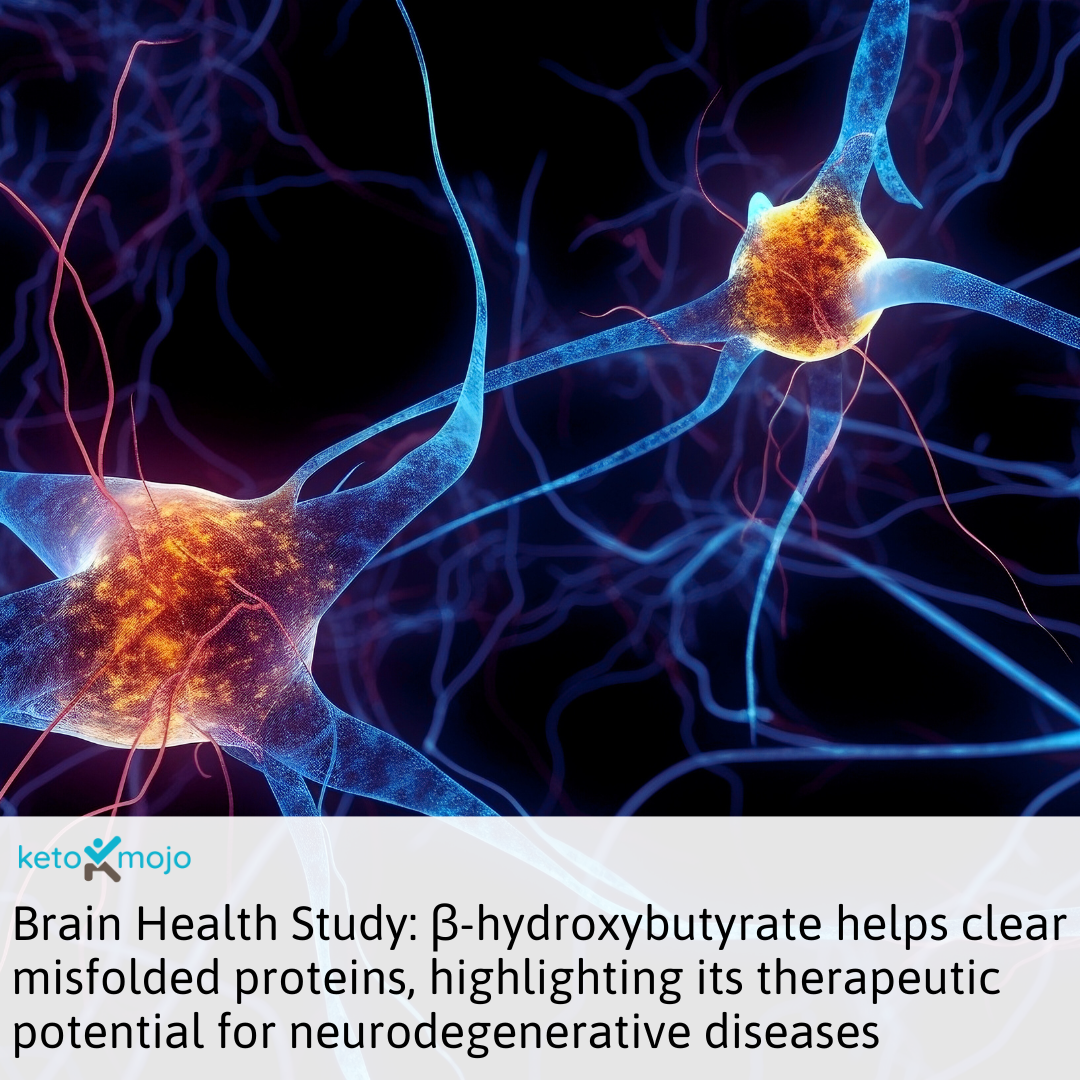Neurology
Ketogenic diet alleviates cognitive dysfunction and neuroinflammation in APP/PS1 mice via the Nrf2/HO-1 and NF-κB signaling pathways

Alzheimer’s disease is a condition that affects the brain and leads to problems with memory and thinking. It is associated with inflammation in the brain and a gradual decline in cognitive abilities. The ketogenic diet, which is often used to treat epilepsy, has recently been suggested as a possible treatment for Alzheimer’s disease and other neurological conditions.
To investigate this, scientists conducted a study using mice with a condition similar to Alzheimer’s disease. They divided the mice into two groups: one group was fed a ketogenic diet, and the other group was fed a regular diet. The mice were given their respective diets for three months, and the researchers observed the effects.
The findings of the study showed that the mice on the ketogenic diet had improved cognitive function, reduced formation of harmful substances called amyloid plaques in the brain, and lower levels of inflammatory molecules. The ketogenic diet also affected specific signaling pathways in the brain, which are involved in protecting cells from damage.
Based on these results, the study suggests that the ketogenic diet could potentially be a treatment for Alzheimer’s disease by reducing inflammation and protecting the brain from harmful substances. However, more research is needed to fully understand how the ketogenic diet works and its potential as a therapy for Alzheimer’s disease.




